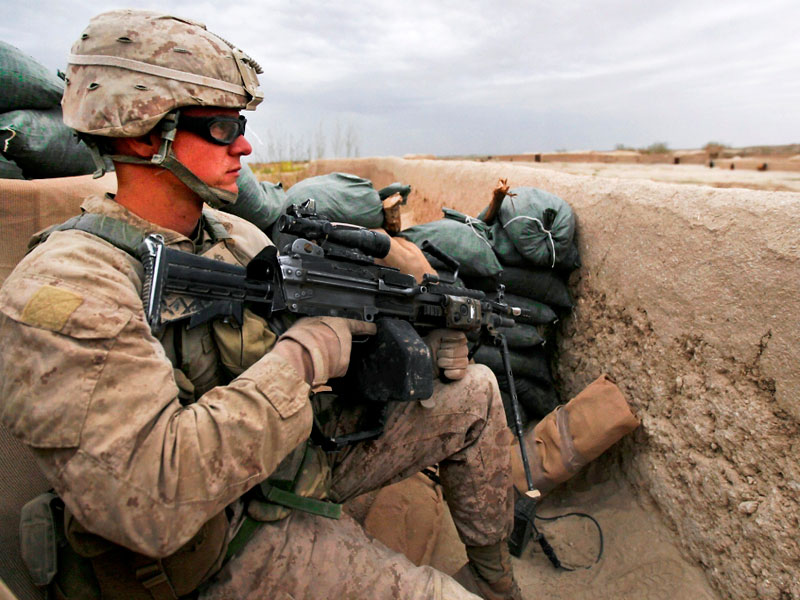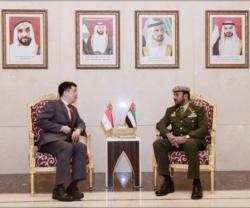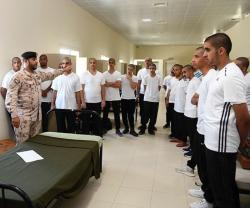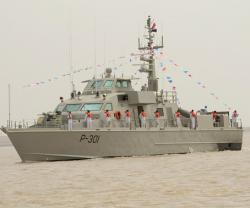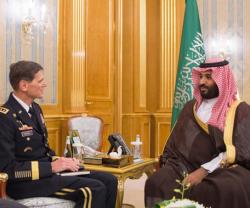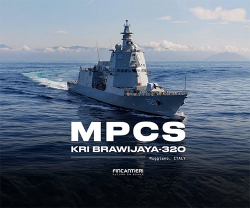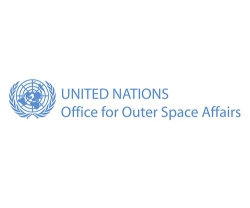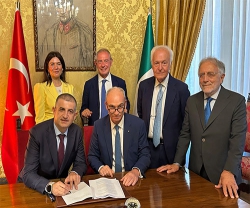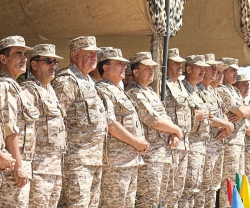Pentagon spokesman Rear Admiral John Kirby said on Tuesday that the intervention unit will not be linked to the ongoing operations in Iraq, adding that it will include several fighter aircrafts and be prepared to take rapid actions in the case of contingencies.
The idea of sending this unit has raised by American military after the attack on the US consulate in the Libyan city of Benghazi on September 11, 2012.
Meanwhile, France said it is deploying an anti-aircraft frigate and more fighter jets in the Persian Gulf region to boost its ability to carry out airstrikes against Islamic State militants in Iraq.
The Defense Ministry said Wednesday that three Rafale jets will shortly join six others already based at a French Air Base outside Abu Dhabi in the United Arab Emirates (UAE). It said French military liaison officers will also join allied command structures in the region.
Acting on a request from Iraqi authorities, France has conducted two sets of airstrikes against the Islamic State group in Iraq since September 19 - the first foreign country to join the United States in conducting such strikes in Iraq.
France is not participating in U.S.-led airstrikes in neighboring Syria, where the group is also active.
Britain, for its part, began air strikes against the Islamic State in Iraq and the Levant (ISIL) this week by destroying a militant heavy weapon position and one of their armed vehicles, the Ministry of Defence said.
A pair of RAF Tornados flying from Akrotiri in Cyprus attacked the targets while providing air support for Kurdish troops battling the extremists. The strikes mean that Britain has joined the front line of an American-led coalition in support of Iraqi and Kurdish forces trying to beat back the extremist movement that has seized swathes of Syria and Iraq.

